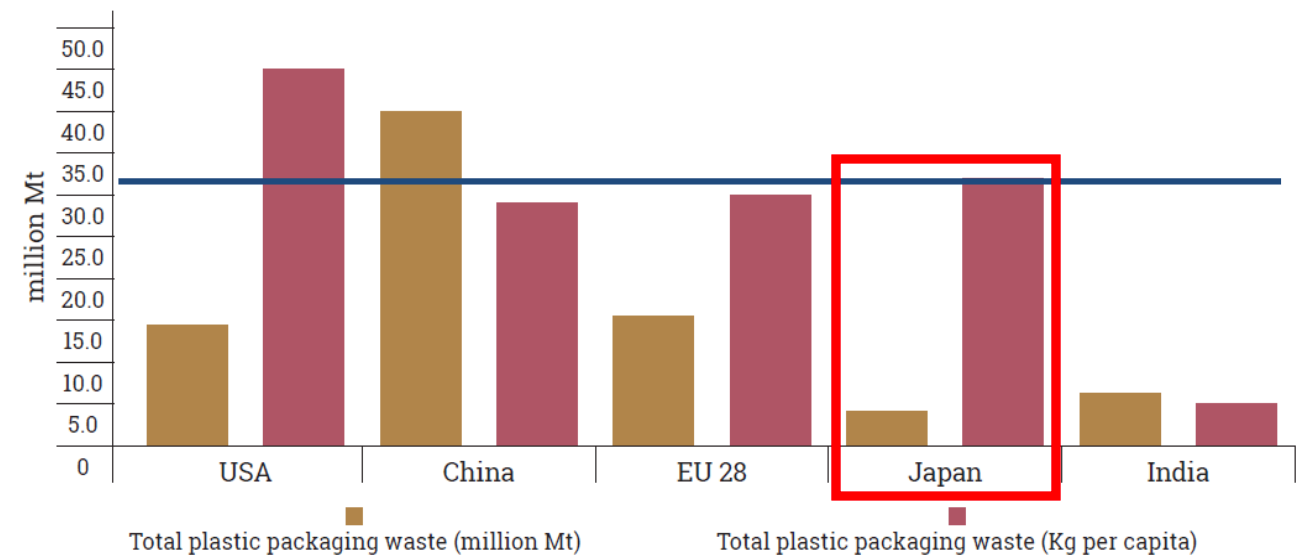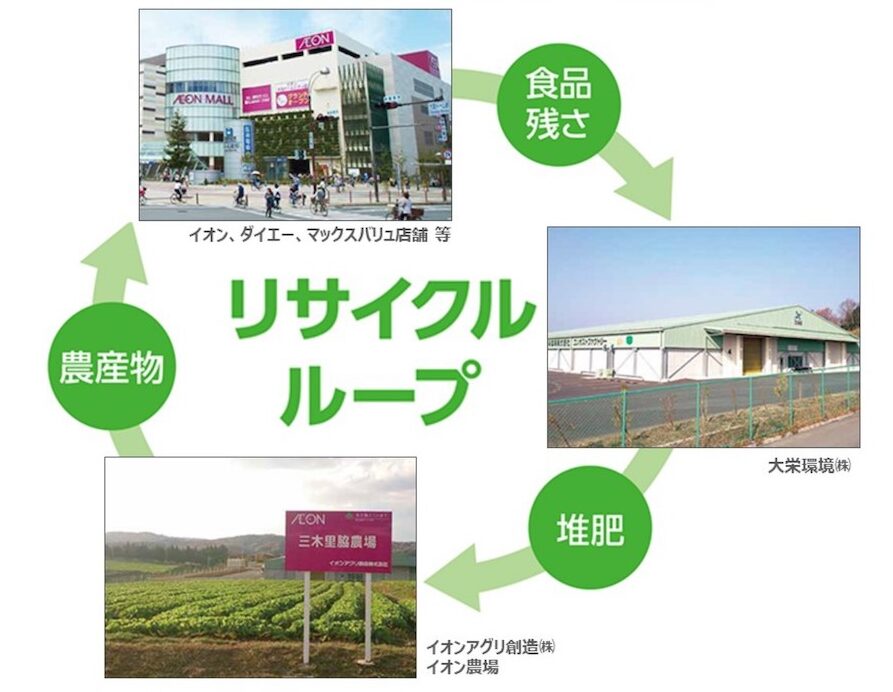Benefits and Case Studies of CSR that Create Corporate Social Value
2024/08/22

CSR (Corporate Social Responsibility)This translates directly to 'Corporate Social Responsibility,' meaning that companies fulfill the responsibilities and obligations they owe to society through their activities.
In short, a company is expected to'Social Contribution.It is commonly carried out through environmental activities, volunteering, or donations.The essential purpose is not merely to contribute to society and the environment but rather to create social value through corporate activities that are not solely profit-driven while ensuring the long-term sustainability of the company.Is here.
CSR activities are pursued across various fields, with the following being major areas.
・ Contribution to the local community.
- Labor Environment and Human Rights
・ Governance and compliance.
- Product Safety and Quality
In recent times, where achieving SDGs goals has become a global demand,For companies, it is important to pursue profit not only for themselves but also to have a positive impact on society through CSR.It has been established.
This article provides a detailed explanation of CSR and itsBenefits and case studies.We will also introduce aspects regarding this.
Table of Contents
Two backgrounds for the demand for CSR.
Currently, CSR is being strongly demanded in Japan as well. There are two major backgrounds for this.
Background 1: Decline in Corporate Trust
One of the backgrounds for the demand for CSR is the increase in corporate scandals in recent years. Since 2000,Various scandals such as falsification of food quality control information, accounting fraud, and deterioration of labor conditions.With these scandals coming to light and frequently covered by the media, corporate credibility has significantly declined.
◆ Examples of corporate scandals of domestic solitary companies in the 2000s.
| Year of discovery. | Company name. | Content. |
| 2000, 2004, 2009. | Mitsubishi Motors. | Recalls covering up. |
| 2002. | Snow Brand Foods, Nippon Ham, Itoham Foods, etc. | Beef fraud. |
| 2006. | Livedoor. | Financial Statement Fraud |
| 2007. | Senba Kiccho, Meat Hope, Kato Kichi, etc. | Food Fraud |
| 2011. | Olympus Corporation. | Financial Statement Fraud |
| 2013. | Mizuho Bank. | Transactions with anti-social forces. |
| 2015. | Toyo Tire. | Falsification of test data. |
| 2015. | Toshiba. | Long-term inappropriate accounting. |
| Year 2017 | Kobe Steel, Ltd. | Tampering with inspection data. |
| 2018. | SUBARU. | Data Alteration |
| 2018. | Suruga Bank. | Fraudulent loans. |
| 2019. | Kanpo Life Insurance Co., Ltd. | Improper sales. |
| 2022. | Hino Motors, Ltd. | Falsification of fuel efficiency and emission standards. |
| 2023. | Former Johnny's Office. | Sexual Abuse |
| 2023. | Big Motor. | Property damage, fraudulent insurance claims, etc. |
The above list only contains a small selection of examples, and many other corporate scandals, both large and small, have occurred continuously in recent years, especiallyCorporate scandals in large companies have significant social impacts, leading consumers and investors to place greater importance on companies' ethical behavior.
Background ② The seriousness of environmental problems.
Currently, global environmental issues such as climate change and pollution are becoming severe, especiallyIn Japan, where food loss and plastic waste are significant issues, environmental problems are among the most critical challenges.This is why companies mustCompanies have a responsibility not only to pursue profits but also to actively address these issues.This awareness is spreading.
The following is a comparative graph of plastic waste per country in 2014. The red bar graph shows the per capita waste, and it can be seen that Japan’s per capita plastic container and packaging waste is second highest after the United States.
◆ Plastic Container and Packaging Waste by Country

Source:the domestic and international situation surrounding plastic (Ministry of the Environment)
Due to these backgrounds,There is increasing scrutiny on the impact companies have on society and the environment.There is increasing expectation for companies to solve issues individually, and it is demanded that they fulfill these responsibilities through CSR activities.
However, when attempting to engage in CSR activities, the scope of social contribution varies by company. Therefore, CSR encompassesWorld Standard Guidance.are established. This will be discussed in the next section.
The seven principles that form the basic concept of CSR.
CSR is based onInternational standard 'ISO 26000'.is based on activities, and this standard is,Guidelines for companies to fulfill their social responsibilities.We provide it. And in ISO 26000, the following seven principles are required for companies to fulfill their social responsibilities.
◆ The seven principles of CSR.
| ① Accountability. | Companies are responsible for the impacts their decisions and activities have on society and the environment and must explain those impacts. |
| ② Transparency. | Companies provide accurate and clear information regarding their decision-making and activities, maintaining transparency. |
| ③ Ethical behavior. | Companies should maintain high ethical standards and act fairly and honestly. |
| ④ Respect for stakeholder interests. | Companies take into account the interests and concerns of all stakeholders, including customers, employees, shareholders, business partners, and local communities. |
| ⑤ Compliance with the law. | Companies engage in business activities globally, maintaining awareness of relevant laws and regulations and complying with them. |
| ⑥ Respect for International Code of Conduct | Companies respect not only domestic laws but also internationally recognized codes of conduct and standards, and act accordingly. |
| ⑦ Respect for human rights. | Companies should respect and uphold the basic human rights of all individuals. |
These seven principles areIt forms the basic framework for promoting CSR, outlining key factors companies should consider.It is believed that by adhering to these principles, companies can achieve both sustainable management and social contribution. When conducting activities, companies will work in line with the above seven points.
Five benefits of CSR.
When companies actually engage in CSR activities,Implementation requires initial investment and entails a considerable burden for securing human resources.However,Benefits that companies can gain through CSR include the following.also available.
Benefit ② Improvement of customer loyalty.
Benefit ③ Risk management and sustainable management.
Benefit ④ Improvement of employee satisfaction and strengthening recruitment.
Benefit ⑤ Creation of new business opportunities.
We will explain each of these five benefits one by one.
Benefit ① Improvement of brand image and corporate value.
By actively engaging in CSR activities, trust from consumers and investors increases, enhancing the company's brand image. Especially in recent years in Japan, in addition to environmental problems, disasters and social issues have become serious, leading to heightened public interest.Social contributions through CSR make a significant appeal and contribute to enhancing corporate value.
Benefit 2: Increase in Customer Loyalty
By fulfilling their social responsibilities, companies can foster a positive image for consumers, leading to increased loyalty. Furthermore, when CSR activities are recognized, it enhancesCustomer satisfaction improves, leading to the acquisition of repeat customers and an increase in new customers through word of mouth.Expectations can also be formed.
Benefit ③ Risk management and sustainable management.
CSR also helps mitigate legal and social risks. By addressing environmental and labor issues, companies canReducing the risk of regulatory violations and social criticism allows for achieving long-term sustainable management.This can be achieved.
Benefit ④ Improvement of employee satisfaction and strengthening recruitment.
By engaging in socially meaningful activities, employees take pride in their work and become more aware of their role as members of the company. As a result,Improvement of employee satisfaction and retention rates.This leads to.
Moreover, in recruitment, such companies particularlyAttractive to young job seekers, enhancing corporate competitiveness by acquiring talented individuals.This can enhance the overall image of recruitment activities due to the emphasis on corporate social contributions.
Benefit ⑤ Creation of new business opportunities.
For example, developing environmentally friendly products and services as part of CSR can create opportunities to explore new markets, thus finding new business opportunities.
Also, as a trigger for CSR,Collaboration with other companies, NGOs, or governments can develop and establish new business models through cooperation.There are also cases where this is true.
Examples of initiatives by three domestic companies.
CSR is being pursued by various companies across industries in Japan, and many companies have developed an understanding of the impacts their activities have on society and the accompanying responsibilities. Here, we will cover widely known cases.CSR activities of three major companies.are presented.
Case Study 1: Uniqlo
Uniqlo, a representative of fast fashion, has been conducting recycling activities for all its products since 2006.By collecting used products and recycling them to create new items, waste of resources and the amount of garbage are reduced, alleviating the burden on the environment.。
Additionally, some of the collected clothing is sent in cooperation with UNHCR (United Nations High Commissioner for Refugees) and NGOs worldwide.clothing support for refugees, disaster victims, pregnant women, and mothers and childrenDelivered worldwide. As of August 2023, a total ofClothing support has been provided to 54.63 million items in 80 countries and regions.
◆ Clothing support to various parts of the world.

Source: UNIQLO Co., Ltd.
In addition,During disasters, support is provided through the nationwide network of Uniqlo stores, supplying clothing and donation funds.Uniqlo engages in various CSR activities through clothing.
Reference: UNIQLO Sustainability / THE POWER OF CLOTHING (UNIQLO Co., Ltd.).
Example ② AEON.
The Aeon Group, consisting of approximately 300 companies in 14 countries worldwide, promotes CSR activities across the group. To address the issue of food loss,To halve food waste by 2025.Also, the cycle of recycling food waste produced during the manufacturing of products in shops or their own brand 'Topvalu' into compost, growing agricultural products on AEON’s direct-operated farms, and selling them in stores.'Food Resource Circulation Model.They are also working on building this.
◆ Food Resource Circulation Model.

Source: AEON Co., Ltd.
In addition,Every 11th of the month is designated as 'Aeon Day,' where all employees engage in environmental conservation and social contribution activities.Specifically, during Aeon Day, 'Clean & Green Activities' are conducted, including cleaning public facilities and managing planting areas. In addition, shopping on Aeon Day issues aWhen yellow receipts are placed in designated boxes, items equivalent to 1% of the total amount on the receipt are donated to local volunteer organizations.It is being done.
Reference: AEON Sustainability (AEON Co., Ltd.).
Example ③ Nitori.
Nitori, the largest furniture and interior company, particularly emphasizes its CSR activities.Human Resource Development and Cultural SupportFocusing on this, agreements have been signed with Hokkaido University in Sapporo, Hokkaido, to develop IT talent training initiatives for different educational levels, from elementary and middle school students to high school and university graduate students.
In addition, in 2021, a joint educational support project was initiated with the University of Tokyo Advanced Institute of Industrial Technology.'LEARN with NITORI'.Has commenced. This project includesUtilizing facilities of the Nitori Group, we provide unique learning programs for children.In 2022, 14 events were held across 11 cities nationwide, with 339 children and 343 parents participating.
◆ LEARN with NITORI.

Source: Nitori Holdings Co., Ltd.
In addition, the Nitori Group supports the activities of foundations like the NITORI International Scholarship Foundation and the NITORI Cultural Foundation in support of culture, arts, and traditions.
Reference: Promotion of CSR activities (Nitori Holdings Co., Ltd.).
CSR is often'CSV'.These terms are sometimes confused. CSV (Creating Shared Value) translates to 'Creation of Shared Value' and, like CSR, aims for social contribution, but it differs from CSR as follows.There are differences in approaches and objectives.
◆ Differences in objectives.
CSR aims for companies to take responsibility not only for pursuing profit but also for society and the environment, providing social value through their activities. Conversely, CSV focuses on companiesIt aims to create both social and economic value, i.e., profit.
◆ Differences in approaches.
CSR is practiced by companies utilizing a portion of their profits for social activities (such as volunteering or donations). These activities are often separated from direct profit-seeking. Conversely, CSV is focused onCreating social value is part of a company's business activities.This is the strategy of corporate communication.
In other words, companies are responsible for launching new markets or improving supply chains to address social issues.Implemented through a business approach, this allows for solving social issues while generating profits.
Since both are forms of social contribution, some believe that CSV is included in CSR.CSV has a strong aspect as part of a corporate strategy, where the seven principles of ISO 26000 mentioned earlier are not the standards but the company’s own business becomes the standard.Therefore, in that sense, CSR and CSV should be clearly distinguished.
Conclusion
Amidst the growing global interest in environmental and social issues,Simply pursuing profit does not enhance corporate value.An era has arrived where it is essential for companies to actively engage in social activities beyond their business to establish their presence as members of society.
CSR is not something that leads to short-term performance improvement, and since it also incurs costs such as labor expenses, profits may initially be reduced. However, by engaging sincerely in these efforts,Activities that bring significant benefits in the medium to long term.
First, by thoroughly considering 'what activities are possible' in relation to its own business, companies can effectively engage in CSR activities.It also leads to superiority and uniqueness as a differentiation strategy for businesses.be.
-
Contact Us
-
Request Info
-
Free Trial
-
Partner System







